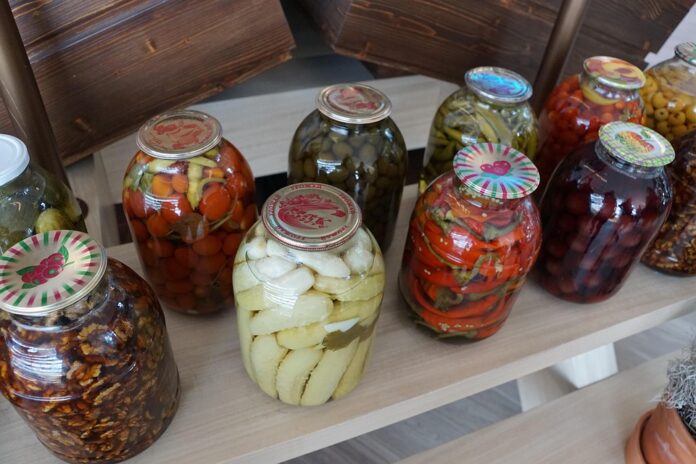The Rise of Specialty Canned Vegetables: Organic, Low Sodium, and No Preservatives
Introduction
The canned vegetable industry has seen a significant shift in recent years towards specialty products that cater to health-conscious consumers. Organic, low sodium, and no preservatives canned vegetables have gained popularity as more people prioritize healthy eating and convenience in their busy lifestyles. This report delves into the rise of these specialty canned vegetables, examining the market trends, key players, and financial aspects of this growing segment.
Market Trends
The demand for organic, low sodium, and no preservatives canned vegetables has been steadily increasing as consumers become more aware of the importance of clean eating and the impact of food choices on their health. According to market research firm Mintel, the organic canned vegetable market is expected to grow by 10% annually over the next five years. This growth is driven by factors such as the increasing prevalence of organic farming practices, rising health consciousness among consumers, and the availability of a wider variety of organic canned vegetable options in the market.
In addition, the low sodium and no preservatives canned vegetable segment has also seen a surge in demand as consumers seek healthier alternatives to traditional canned vegetables that are often high in sodium and contain preservatives. According to data from Nielsen, sales of low sodium and no preservatives canned vegetables have increased by 15% in the past year alone. This trend is expected to continue as more consumers prioritize clean labels and natural ingredients in their food choices.
Key Players
Several companies have emerged as key players in the specialty canned vegetable market, offering a wide range of organic, low sodium, and no preservatives options to meet the growing demand. One of the leading players in this segment is Amy’s Kitchen, known for its organic and vegetarian canned vegetable products. Amy’s Kitchen has seen significant growth in its canned vegetable sales in recent years, with a focus on using high-quality organic ingredients and no preservatives in its products.
Another key player in the specialty canned vegetable market is Eden Foods, which offers a variety of organic and low sodium canned vegetable options. Eden Foods has built a strong reputation for its commitment to sustainable farming practices and clean ingredients, appealing to health-conscious consumers looking for wholesome canned vegetable products.
Financial Aspects
The financial performance of companies in the specialty canned vegetable market reflects the growing demand for organic, low sodium, and no preservatives options. Amy’s Kitchen reported a 20% increase in canned vegetable sales last year, driven by strong consumer demand for its organic products. Similarly, Eden Foods saw a 15% growth in its canned vegetable sales, with a focus on expanding its product line to cater to different dietary preferences.
Overall, the specialty canned vegetable market is projected to continue growing steadily in the coming years as more consumers prioritize health and wellness in their food choices. Companies that offer organic, low sodium, and no preservatives canned vegetable options are well-positioned to capitalize on this trend and meet the evolving needs of health-conscious consumers.
In conclusion, the rise of specialty canned vegetables, including organic, low sodium, and no preservatives options, reflects a broader shift towards healthier eating habits and clean ingredient labels among consumers. With market trends pointing towards continued growth in this segment, companies that focus on providing high-quality, health-conscious canned vegetable products are poised to succeed in this evolving market landscape.




